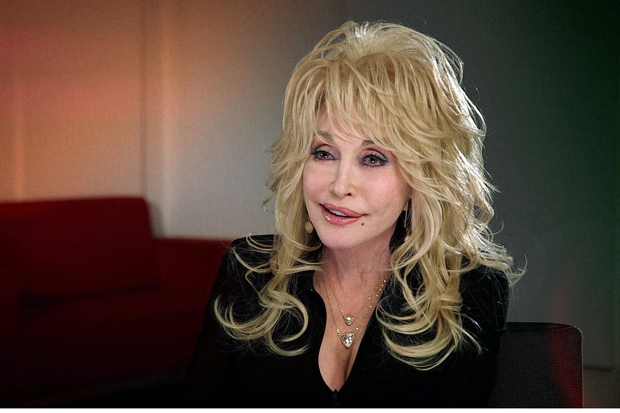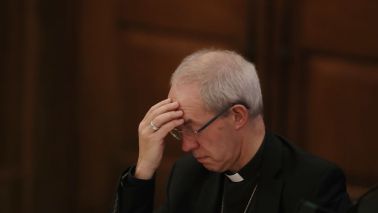Twenty minutes into BBC4’s The Heart of Country (Friday), there was a clip of Chet Atkins, country music’s star producer of the 1960s, being asked to define ‘the Nashville sound’. Atkins reached into his pocket, pulled out some coins and rattled them in his hands. ‘That’s the Nashville sound,’ he said with a slightly rueful smile. ‘Money.’
By this stage, mind you, the revelation of Nashville’s commercialism didn’t come as an enormous surprise. After all, WSM, the radio station that started the whole thing with its live shows from the Grand Ole Opry, was the broadcasting arm of the National Life and Accident Insurance Company. It also took a stern line on any songs whose depictions of southern life didn’t match Nashville’s self-image as place of blameless propriety. In 1952, for example, WSM banned ‘It Wasn’t God Who Made Honky-Tonk Angels’ by Kitty Wells — memorably described by one contributor as the first woman in country music ‘who stood up and said, “You’re a jerk, and here’s why.”’

Get Britain's best politics newsletters
Register to get The Spectator's insight and opinion straight to your inbox. You can then read two free articles each week.
Already a subscriber? Log in







Comments
Join the debate for just $5 for 3 months
Be part of the conversation with other Spectator readers by getting your first three months for $5.
UNLOCK ACCESS Just $5 for 3 monthsAlready a subscriber? Log in